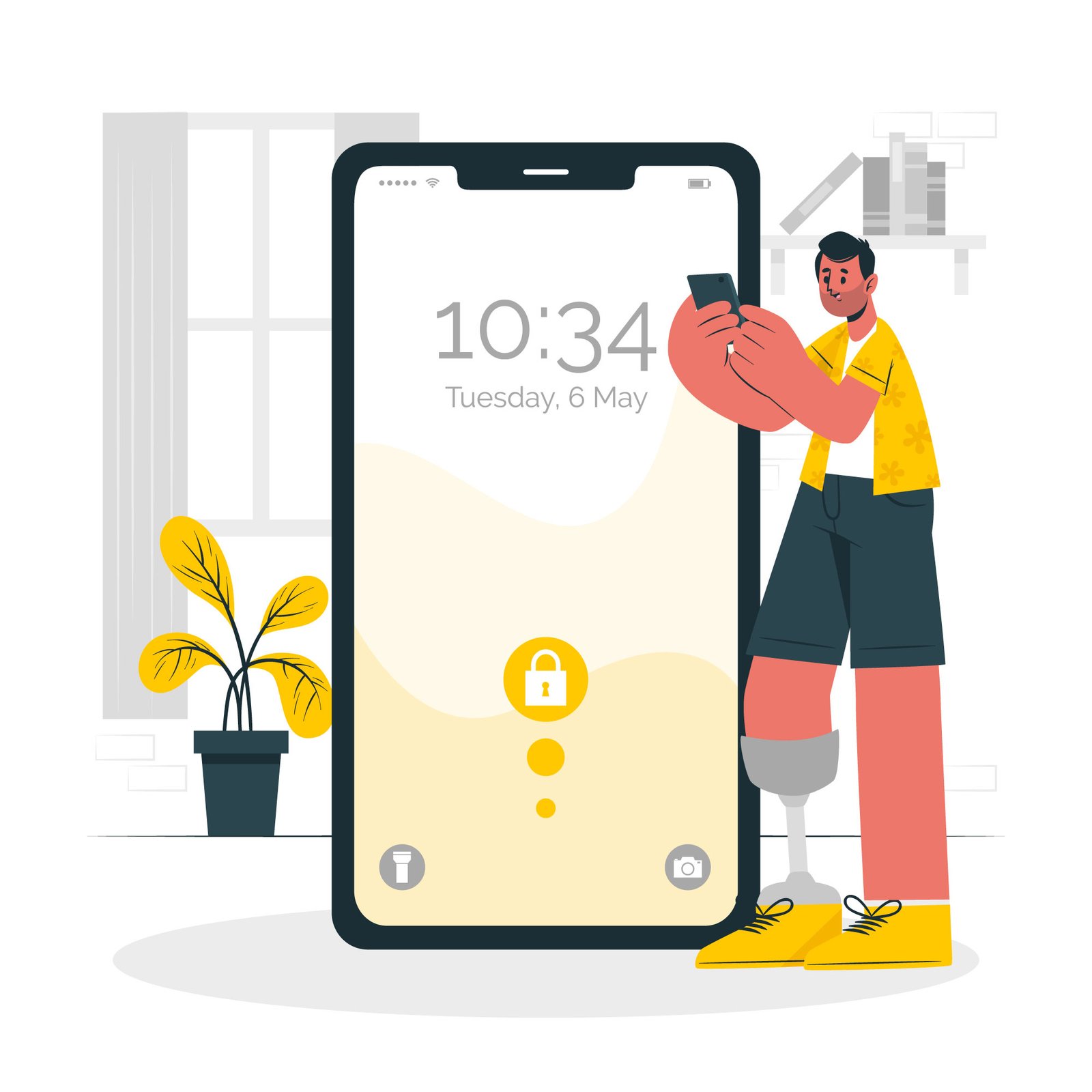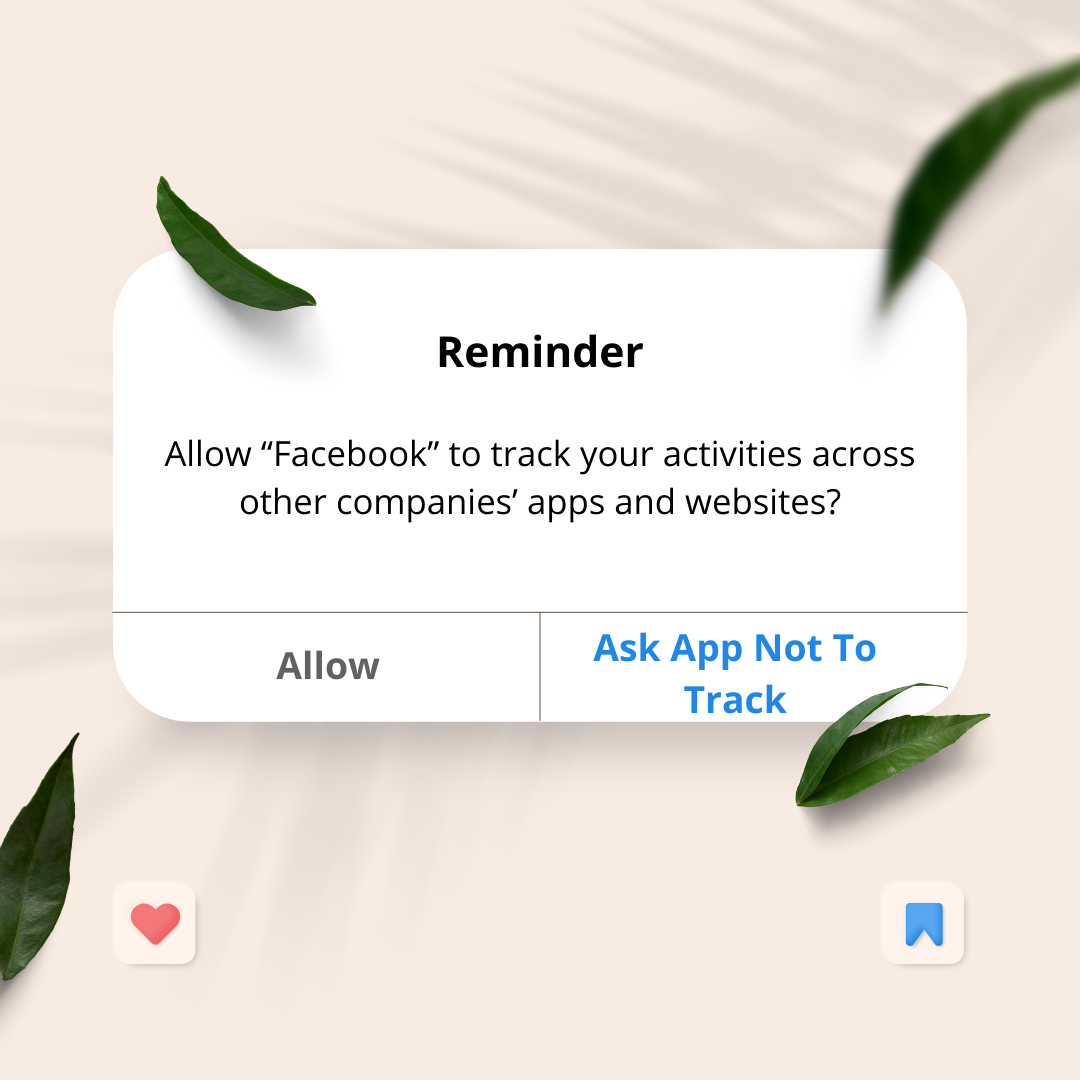The release of Apple iOS 14.5 has brought significant changes to the landscape of Facebook advertising. These changes have impacted the way Facebook ads are tracked, measured, and optimized, presenting new challenges and opportunities for advertisers. In this article, we will explore the key changes in Facebook ads with iOS 14.5, how to prepare for the update, strategies for optimizing Facebook ads, and measuring success post iOS 14.
Key Takeaways
- Understanding What is an Apple iOS 14.5 Update
- Changes in Facebook Ads with iOS 14.5
- Using Facebook Conversions API with Facebook Pixel: A Powerful Combination
- Time to Rethink: Revamping Your Targeting After iOS 14.5
- Overcome iOS 14.5 limitations in Facebook Ads
- Post-iOS 14.5 Conversion : Choose Wisely!
What is an Apple iOS 14.5 Update
Released in April 2021, Apple’s iOS 14.5 update brought several significant changes to iPhone users, with a focus on privacy and usability. Here’s a breakdown of the key features:
Privacy:
- App Tracking Transparency (ATT): Introduced a major shift in data privacy by requiring apps to explicitly ask users for permission to track their activity across other apps and websites. This significantly impacted targeted advertising practices.
- More diverse Siri voices: Offered a wider range of voice options for Siri, allowing users to choose voices that better represent their gender identity and preferences.
Other features:
- Bug fixes and security updates: Addressed various bugs and vulnerabilities to improve system stability and security.
Current status:
While iOS 14.5 itself is no longer the latest update (iOS 16.3.1 is the current version as of today, February 9, 2024), its impact on user privacy and app tracking persists. Apple has continued to build upon these privacy-focused features in subsequent updates.
Changes in Facebook Ads with iOS 14.5
Impact on Facebook Pixel
The iOS 14.5 update, released in April 2021, introduced significant changes to user privacy settings, impacting the Facebook Pixel and how Facebook Ads function. Here’s a summary of the key changes and their impact:
Reduced Data Collection:
- App Tracking Transparency (ATT): Users now have the option to opt out of data tracking across apps, including Facebook. This significantly reduces the data Facebook Pixel can collect on iOS users, hindering conversion tracking and user behavior analysis.
Limited Attribution Window:
- 7-day attribution window: Conversions are now attributed to ads within a 7-day window instead of the previous 28 days. This makes campaign optimization and measuring long-term impact more challenging.
Smaller Audience Sizes:
- Limited user data: With less data available, targeting based on specific user behavior becomes less effective, potentially shrinking potential audience sizes.
Reporting Changes:
- Delayed reporting: Conversion data from iOS users may be delayed by up to 3 days, impacting real-time campaign analysis and optimization.
- Limited event tracking: The number of conversion events tracked per domain is capped at 8, limiting insights into user behavior on your website.
- Aggregated data: Facebook uses aggregated data to measure campaign performance, reducing visibility into individual user behavior.
Targeting Challenges:
- Less personalized ads: With limited data, ads may become less relevant and engaging for users, potentially impacting ad performance.
- Broader targeting: Targeting shifts towards broader demographics and interests, reducing the effectiveness of hyper-personalized campaigns.
Overall Impact:
- Increased reliance on other data sources: Facebook encourages advertisers to utilize Facebook Conversions API and other first-party data sources for better campaign management.
- Focus on privacy-conscious strategies: Advertisers need to adapt to the new privacy landscape, prioritizing user consent and building trust with relevant content.
It’s a new world for Facebook advertising, but there are still ways to be successful. By being aware of the challenges and adapting your strategies, you can still reach your target audience and achieve your advertising goals.
Using Facebook Conversions API with Facebook Pixel: A Powerful Combination
Combining the Facebook Conversions API with your Facebook Pixel offers significant benefits in the post-iOS 14.5 landscape. Here’s how they work together and the advantages you can gain:
Facebook Pixel vs. Facebook Conversions API (FCAPI)
Facebook Pixel:
- Client-side tracking code installed on your website.
- Relies on browser cookies and may be impacted by privacy restrictions like ATT.
- Tracks web conversions (purchases, sign-ups, etc.).
Facebook Conversions API:
- Server-side tracking method that sends conversion data directly from your server to Facebook.
- Less impacted by privacy restrictions as it doesn’t rely on cookies.
- Can track both web and offline conversions (app installs, in-store purchases, etc.).
Time to Rethink: Revamping Your Targeting After iOS 14.5
Website retargeting might be looking slim pickings after iOS 14.5, with its smaller data pool shrinking your audiences. Don’t fret! Expand your net with alternative targeting:
- Customer lists: Upload your existing customer details for laser-focused reach.
- Lookalike audiences: Find new prospects similar to your best customers based on their traits and behaviors.
- Interest-based targeting: Attract people passionate about things relevant to your offerings.
By diversifying your targeting, you ensure large enough audiences for impactful campaigns, even in the post-pixel landscape. So, think outside the cookie and start exploring!
Overcome iOS 14.5 limitations in Facebook Ads
- Facebook Conversions API: Improve data collection for better campaign tracking.
- Alternative Targeting: Explore interests, lookalikes, and customer lists to reach your audience.
- Prioritize Conversions: Focus on high-value actions and optimize campaigns effectively.
- Strong Creatives: Compelling visuals and ad copy grab attention in a competitive landscape.
Post-iOS 14.5 Conversion : Choose Wisely!
Heads up, conversion-hungry advertisers! With iOS 14.5, you’ve got eight precious event slots per domain to optimize and report on. But for privacy-minded users, only one conversion will be tracked per window, even if they do multiple. So, it’s time to:
1. Scrutinize Your Events: Double-check if they truly reflect your marketing goals. Are they the most valuable actions? Ditch the irrelevant ones!
2. Prioritize Like a Pro: Rank your events based on importance. Remember, those top slots are crucial for accurate tracking and optimization.
3. Adapt for Privacy: Prepare for some single-conversion scenarios. Make sure your top event captures the ultimate action you desire.
Conclusion
In conclusion, the release of Apple iOS 14.5 has had a significant impact on Facebook Ads. Advertisers have had to adapt to the changes in tracking and targeting, leading to challenges and opportunities. It is crucial for businesses to stay informed and adjust their advertising strategies to navigate the evolving landscape of digital marketing.










Leave a Reply